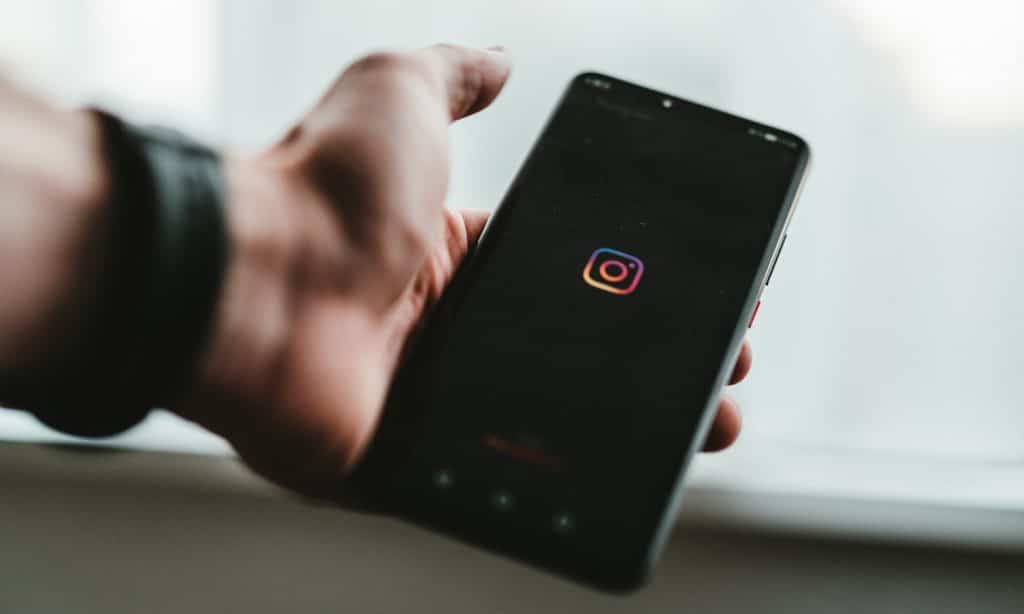Social media sites tend to be more lenient with individual content, which makes influencers an ideal adaptation to online regulations around promoting cannabis.
The power of the social media influencer has evolved from a curiosity of internet culture to a fixture of the modern-day marketplace, and one that brands across sectors ignore at their peril. Brands that are having their social media pages deleted for content violations are now relying on influencers to help market their products, and cannabis brands are no exception.
Instagram, which is owned by Facebook, in particular, has a low tolerance for the marijuana industry, freely deactivating or restricting accounts dedicated to cannabis content where there has been a perceived breach of terms of service or user complaints. But on Instagram perhaps more than anywhere else online, the influencer reigns supreme— a reality that is helping to keep marijuana companies in the social media spotlight.

Over the past year, brands like Canndescent, Papa & Barkley, Hervé, and cannabis subscription box service Nugg Club have utilized influencers to promote their products, to great success. Nugg Club in particular has worked with over 1200 influencers since July 2020, and 700 influencers so far in 2021. Cannabis companies are tapping influencers from a range of demographics, including mommy bloggers, eccentric performers like Kimmy Tan, and food bloggers who are a good match for their brands in order to flog their products.
RELATED: Why Does Social Media Still Ban Cannabis?
Consumers are watching, and spending, accordingly. Influencers have a ready-made platform and attentive audience, with recent studies showing that social media influencers have 16 times higher engagement rates than paid media and media-owned alternatives. Social media sites tend to be more lenient with individual content, which makes influencers an ideal adaptation to online regulations around promoting cannabis.
With a billion monthly users, Instagram holds a lot of marketing potential for companies, as well as the power to deflate a campaign before it truly begins. Instagram is a major pipeline of information and communication for consumers, and when it closes that pipeline down due to brands attempting to sell or promote the sale of drugs on their pages, the disruption can be devastating.
RELATED: Cannabis And Sex: Two Things Social Media Doesn’t Want You To See
Cannabis companies are permitted to have a presence on the platform in order to raise awareness or talk about cannabis-related issues like legalization, but this can be a slippery slope towards inducing the sale of cannabis, linking to e-commerce sites that sell it, or poorly marketing products. These, at least on Instagram, are major no-nos.
Once an account is deleted, it can be reinstated under certain circumstances, but the lapse in outreach capability can be the difference between a successful brand and a fail costing millions of dollars. Many companies have launched protests over inconsistencies in Instagram’s implementation of their terms of service, claiming a lack of clarity and specifics regarding what content is and is not allowed.
Whether it is the rules themselves or the enforcement thereof that is inconsistent, the impact of social media silence on businesses and the trend towards tapping social media influencers to pick up the marketing slack is indisputable.
This article originally appeared on Green Market Report and has been reposted with permission.


